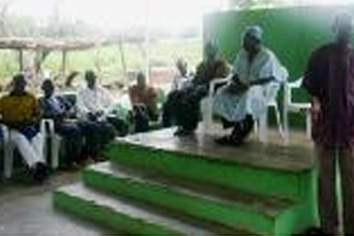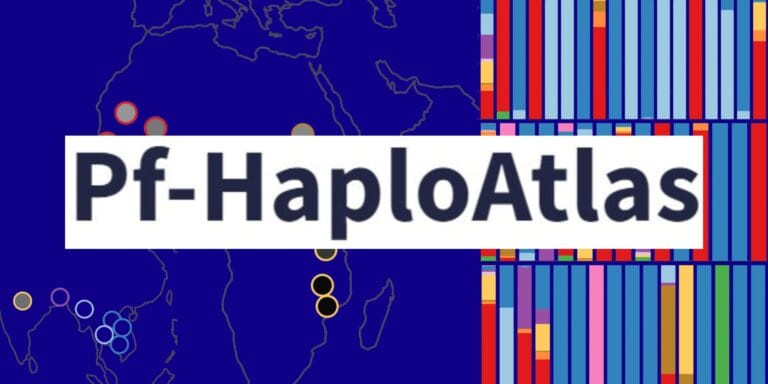
Field activities started at my site, the Navrongo Health Research Centre, in June 2007. We aimed to recruit 300 new cases and controls for Consortial Project 1 and 30 child-mother-father trios for Consortial Project 3. One important aspect of the project was to explain and discuss the study with all the relevant stakeholders especially community leaders and research participants.
Translating Complex Terms into Local Languages
Bearing in mind that genetic studies involve a lot of technical jargon such as DNA, genes, genotype and public access database, many words were difficult to translate into the local languages – Kassem and Nankam.
The first step was to do local research on how to appropriately break down the science into simple terms that could then be translated into local languages. We asked people fluent in the local language to identify phrases that could appropriately explain complex terms such as ‘DNA’. It became apparent that there were no single terms that could capture their meaning. For example, the closest translation of genes in the local language was “the things in the blood that makes us different from one another“. During the actual community engagement activity the team gave examples such as “there is something in your blood that makes that man short and that man tall” etc.
Community Engagement Meetings
Though some of the meetings were rained off and had to be rescheduled, the engagement process was largely smooth thanks to the community trust that the Navrongo Health Research Centre has built over the years.


